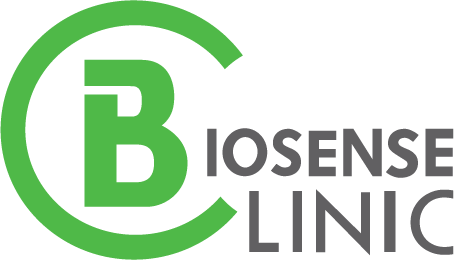What is Hyperpigmentation?
Share
 Hyperpigmentation is a condition where areas of skin are darker in color as compared to the surrounding area of the skin. Major causes of hyperpigmentation are sun damage, scarring after inflammation of the skin (e.g acne, dermatitis, eczema), hormonal changes (melasma), drug-induced or disease related.
Hyperpigmentation is a condition where areas of skin are darker in color as compared to the surrounding area of the skin. Major causes of hyperpigmentation are sun damage, scarring after inflammation of the skin (e.g acne, dermatitis, eczema), hormonal changes (melasma), drug-induced or disease related.
 Sun protection is a ‘must’ to prevent hyperpigmentation. In regards to treatment, hydroquinone still remains an important role. Hydroquinone (HQ) is a skin bleaching agent that inhibits the production of melanin which gives the skin its color. Recent studies have raised some question about its safety but it is considered as safe for short-term use (4 to 6 months). Since hydroquinone is a medicinal ingredient, it should be used under the direction of the medical practitioner to ensure proper usage as prolonged use can potentially cause hydroquinone resistance and ochronosis (a persistent blue-black pigmentation). It’s suggested that HQ containing products should not be used consecutively for more than 4 to 6 months. A break of 1 to 2 months is recommended before restarting.
Sun protection is a ‘must’ to prevent hyperpigmentation. In regards to treatment, hydroquinone still remains an important role. Hydroquinone (HQ) is a skin bleaching agent that inhibits the production of melanin which gives the skin its color. Recent studies have raised some question about its safety but it is considered as safe for short-term use (4 to 6 months). Since hydroquinone is a medicinal ingredient, it should be used under the direction of the medical practitioner to ensure proper usage as prolonged use can potentially cause hydroquinone resistance and ochronosis (a persistent blue-black pigmentation). It’s suggested that HQ containing products should not be used consecutively for more than 4 to 6 months. A break of 1 to 2 months is recommended before restarting.
During the HQ break, brightening product which is HQ free can be used as maintenance therapy. Clinically proven ingredients for hyperpigmentation and lighten dark spots include: oligopeptide-68, tetrapeptide-30, potassium azeloyl diglycinate, arbutin, niacinamide and N-acetyl glucosamine. These can also be used in conjunction with HQ product for enhanced brightening effects.
